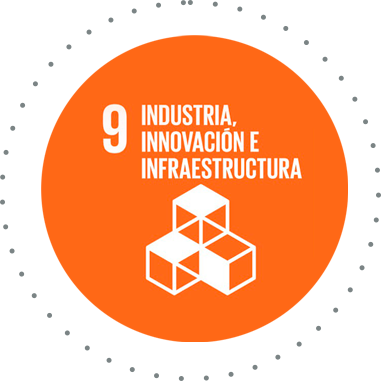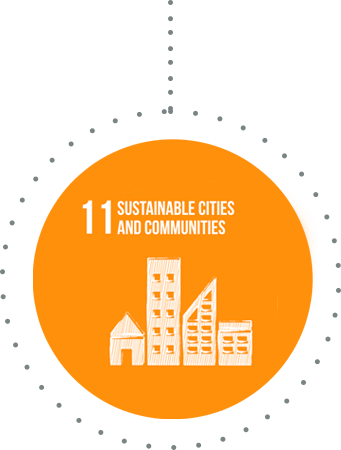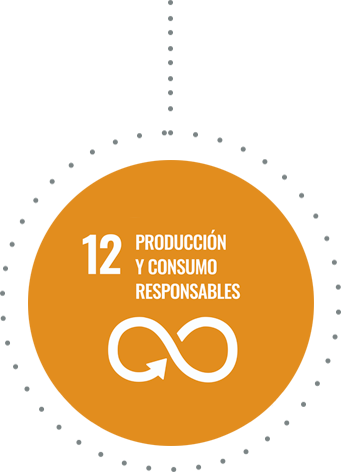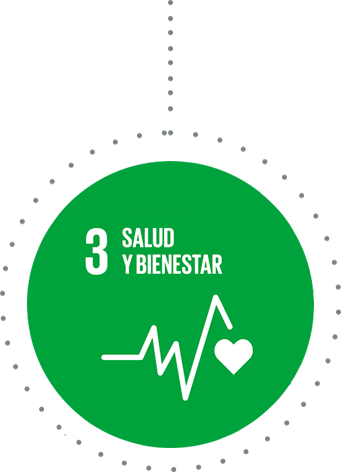The Project
The iN4iN LATAM Chapter project plans to create a network (chapter) between Leipzig University and three Latin American partner universities. The network will host three units: The first unit will focus on capacity building for innovation management at Higher Education Institutions (HEIs). With the second unit research activities and international exchange of master and PhD students will be strengthened. The third unit will support HEIs in creating and implementing strategies for the promotion of University Business Linkages (UBL).
The Innovation Management module designed for the two partner universities (Universidad de Rosario / Universidad Peruana Cayetano Heredia) including the student-company project will be integrated here as well (Project Outcome 1).
As part of the master’s degree, students participate in a research course, in which the two most promising (innovative) ideas are selected for a one-month research stay in one of the Latin American partner countries. Furthermore, during the PhD programs of the partner university in Colombia and Peru (Costa Rica does not have a PhD program yet), PhD students will be given the opportunity for a research visit in one of the partner countries conducting their research activities on the university-specific SDG topic. The results will in turn be incorporated into the master’s and diploma programs (Project Outcome 2).
Another aim to accomplish during the project period is to establish a Diploma Course in Innovation Management to qualify more students as well as practitioners to take up professional activities fostering local innovation systems in the three partner countries. Topics with special relevance to sustainability (e.g., process innovation) are an integral part of the course (Project Outcome 3).
In the area of higher education management, iN4iN LATAM Chapter supports the strategy development and the implementation of University Business Linkages activities, which should form an integrative part of the transfer strategy of a HEI. The partner universities will establish new processes and structures for knowledge and technology transfer towards the business sector strengthening the role of the HEI as a motor for local economic development (Project Outcome 4).
SDG Focus
Our project is dedicated to addressing SDG 9, with a specific focus on target 9.5 by enhancing scientific research and promoting innovation. We also support target 9.b, which encourages domestic technology development and innovation in developing countries. Leipzig University plays a key role as a mentor in innovation management for our partner universities.
Each partner university is committed to a different SDG based on their areas of expertise:

Universidad del Rosario (Colombia): Focus on SDG 11 – Sustainable Cities and Communities
SDG 11 tackles the challenges of urbanization, including the lack of opportunities in city communities. Although many industries thrive in cities, their success often doesn’t benefit nearby local communities. Universidad del Rosario is working to reduce slums and improve living conditions in Colombia’s largest cities.
The project fosters an innovation ecosystem that builds skills in master’s students. These students will design initiatives that include vulnerable communities and promote the implementation of SDG 11. By fostering innovative solutions, the university aims to address urban challenges and create sustainable business opportunities for these communities.

Universidad Técnica Nacional (Costa Rica): Focus on SDG 12 – Responsible Consumption and Production
Currently, many companies prioritize meeting customer demands without sufficient attention to the sustainability of their production processes. This often leads to poor planning and inefficient use of resources, resulting in significant waste. UTN aims to address this issue by promoting innovations in sustainable production practices through this project.
UTN’s efforts will include improving production processes, optimizing distribution, and enhancing infrastructure to minimize environmental impact. The project will also encourage the use of renewable energy, the creation of green jobs, and a shift toward more sustainable consumption, such as reducing excessive packaging and choosing fresh products over processed ones.
By implementing innovative models at the business level, UTN seeks to drastically reduce waste generation by focusing on prevention, reduction, recycling, and reuse in production processes. This approach will contribute to the broader goal of achieving sustainability across the ecosystem, involving government, universities, the business sector, and civil society. By the project’s end, we anticipate academic initiatives and innovations that will support the global goal of significantly reducing waste in production processes by 2030.

Universidad Peruana Cayetano Heredia (Peru): Focus on SDG 3 – Good Health and Well-being
UPCH is dedicated to strengthening health systems, especially in the aftermath of the COVID-19 pandemic. For years, the university has conducted research on AIDS, tuberculosis, malaria, neglected tropical diseases, as well as waterborne diseases and other communicable diseases, aligning with SDG target 3.3.
Through technology transfer and commercialization, UPCH aims to increase the impact of its research and improve health outcomes for populations in need. The project will further enhance their ability to drive health innovations, benefiting vulnerable communities across Peru.

The SEPT Competence Center (SEPT means Small Enterprise Promotion and Training at Leipzig University created in 2008 out of a project the network “intelligence for innovation – iN4iN”. It includes member institutions, partner universities, and private business development organizations in the area of promotion and development of innovation and entrepreneurship capacities. So far, we have mainly established partnerships in the African and Asian regions through various project activities. We coordinate the Network for Entrepreneurship in Africa (Africa-German Entrepreneurship Academy: www.ageacademy.de) and have established so-called chapters (cooperation association with iN4iN) in Ghana and Rwanda. Since we want to strengthen our collaborations in Latin America, we now have a stronger focus on this region to implement joint projects and to create an iN4iN LATAM Chapter.
With these activities, the project focuses mainly on the role of HEIs in contributing to SDG 9 – Build resilient infrastructure, promote inclusive and sustainable industrialization, and foster innovation. We place particular focus on target 9.5 by enhancing scientific research and encouraging innovation with training for both students and entrepreneurs. Furthermore, we address target 9.b “Support domestic technology development, research and innovation in developing countries”. Leipzig University (SEPT Competence Center) as an expert in the field of innovation management will have a mentoring role for the partner universities. Knowledge in innovation will be used to support ecological, social, and economic transitions and tackle social/economic challenges. Each partner university from Latin America will use this innovation knowledge to address an additional SDG throughout their activities. Therefore, SDG 9 is to be seen as an umbrella, under which three more SDGs (SDG 3 – Peru, SDG 11 – Colombia, SDG 12 – Costa Rica) will be considered.
Project outcomes and outputs
Output 1: New modules in Innovation Management with practical reference to SDGs are designed for two master programs, in Colombia and Peru.
Output 2: Teaching methodology and materials for the master modules are developed and transferred to the respective lecturers.
Output 3: Company Consultancy Projects, being part of the Innovation Management module, are established.
Output 4:Master modules are implemented in two partner universities (15 students each) with the support of Leipzig University.
Output 5: A new master’s program in Entrepreneurship and Innovation is designed at Universidad Técnica Nacional.
Output 1: Concept of student research visits is developed.
Output 2: Research stays of 12 students (Colombia, Costa Rica, Peru) is achieved.
Output 3: Concept for PhD research visits is established.
Output 4: Research stays of 2 PhD students is achieved.
Output 5: Research results of PhD students are integrated in the master.
Output 1: Training methodology and materials for Diploma Courses in Innovation Management are developed in all four universities..
Output 2: At least 2 trainers per university get trained to implement the Diploma Courses.
Output 3: Diploma courses in Innovation Management are implemented in all four universities with all together 60 participants.
Output 1: Each university has developed an adapted model for a UBL initiative.
Output 2: The UBL initiative is integrated in a Transfer Strategy of each university.
Output 3: Each university has implemented 1 – 2 UBL activities with the participation of students, lecturers, and representatives from the business sector.
Output 4: Three conferences on UBL development are implemented with participants from at least 30 universities.
